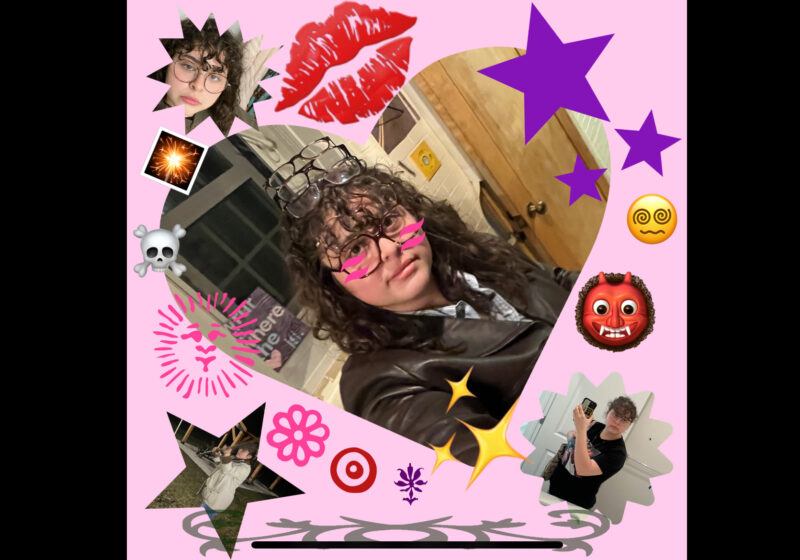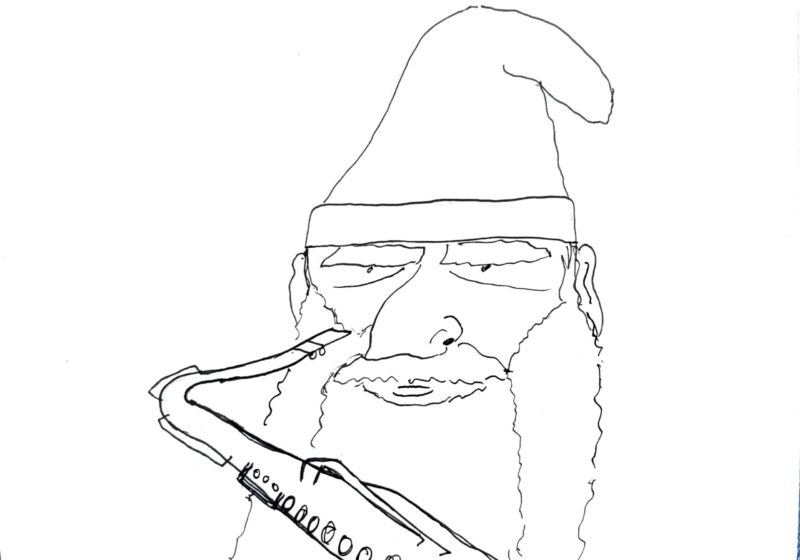On Wednesday night, the Burgett Intercultural Center (BIC) hosted FurScience founder and Rochester alumnus, Dr. Kathy Gerbasi, who conversed with students about the intricacies of the furry community through a psychological lens.
Gerbasi was compelled to visit UR after learning about how the campus furry community had been experiencing bullying. In her talk, she highlighted the negative impact bullying could have on its members and explained how she is using her research to combat this stigmatization.
“Social psych[ology…] wasn’t just to develop theories and learn stuff for the sake of learning stuff,” Gerbasi said to about 250 students in Feldman Ballroom. “It should be put to an important and good use. It should be somehow to help people.” People needed to “grow up,” especially at an “institution of higher learning,” Gerbasi told the audience.
Those who are stigmatized can have poorer mental and physical health, Gerbasi said. In her research, she had students rate 40 different fandoms or hobbies, with furries being ranked the lowest next to the “Insane Clown Posse.”
Gerbasi also asked furries themselves whether they had experienced or seen in the media five common stereotypes: furries are dysfunctional, use litter boxes, identify as animals, are sexual deviants, and have sex in fursuits. As she went through each, debunking and explaining the rumors, she also talked to the audience about her experiences.
“I do have a fursuit… I wore it to some fur[suit] parades. I couldn’t wait to get out of that thing!” she said, eliciting laughter from the audience. “I was red. I’m not talking about a little bit pink — I was red!”
The stigma causes those within the community to feel as if they can’t share their hobby with those they are closest to, creating an unnecessary burden of not being able to “be yourself.” Gerbasi also said college students perceive furries as “immature and someone they didn’t want to date.”
Gerbasi’s lecture wasn’t just focused on stigmatization. Furries had generally better self-reported satisfaction with life and self-esteem compared to anime fans and students, her research found.
When talking to the CT, graduate students Lindsey Wainwright and Dylan Fredrick said the presentation was very informative and that Gerbasi presented a new perspective on the furry community.
“I thought the way she presented it was very level-headed and fair, but not slanting towards […] being biased,” Fredrick said.
Gerbasi’s talk bounced around various topics regarding the furry fandom, such as the percentage of people who are LGBTQ+ in the fandom, the correlation between the fandom and neurodivergence, and the difference between therians and furries. She also spoke about what the most common “fursona species” was.
Gerbasi’s path to teaching about furries was not straightforward. After graduating from UR with a doctorate in social psychology in ’76, she became interested in studying anthrozoology because her dog, “BoB the dog,” was “pathologically social.” Gerbasi is one of the co-founders of FurScience, a website dedicated to teaching people about the furry community.
Her work, with her collaborators, has been used to learn more about the fandom and destigmatize “the whole big media stereotype.” During the lecture, she called out the Variety article, “Calling Dr. Pervert,” for creating these stereotypes and misrepresenting what the fandom was about.
Senior and UR furry Michael Prass said he had seen the “general negative stigma” on the app Fizz and hoped her talk would positively impact “how people think of furries.”
Gerbasi plans to continue her exploration of the fandom as she attends more conventions as part of conducting her research. She can be reached for questions or suggestions for research questions for the fandom through her email, kathleencgerbasiphd@gmail.com.





